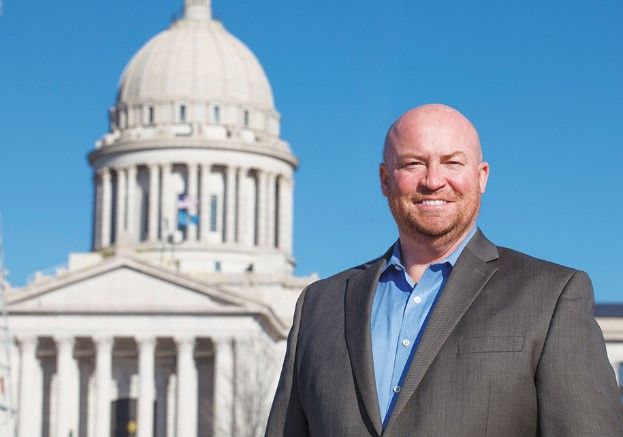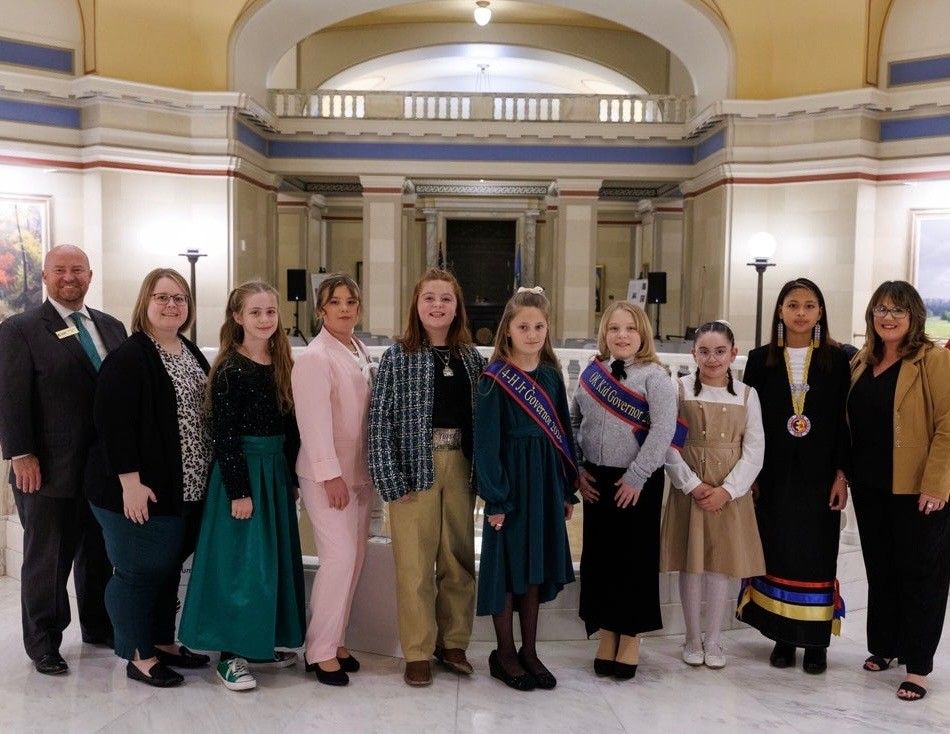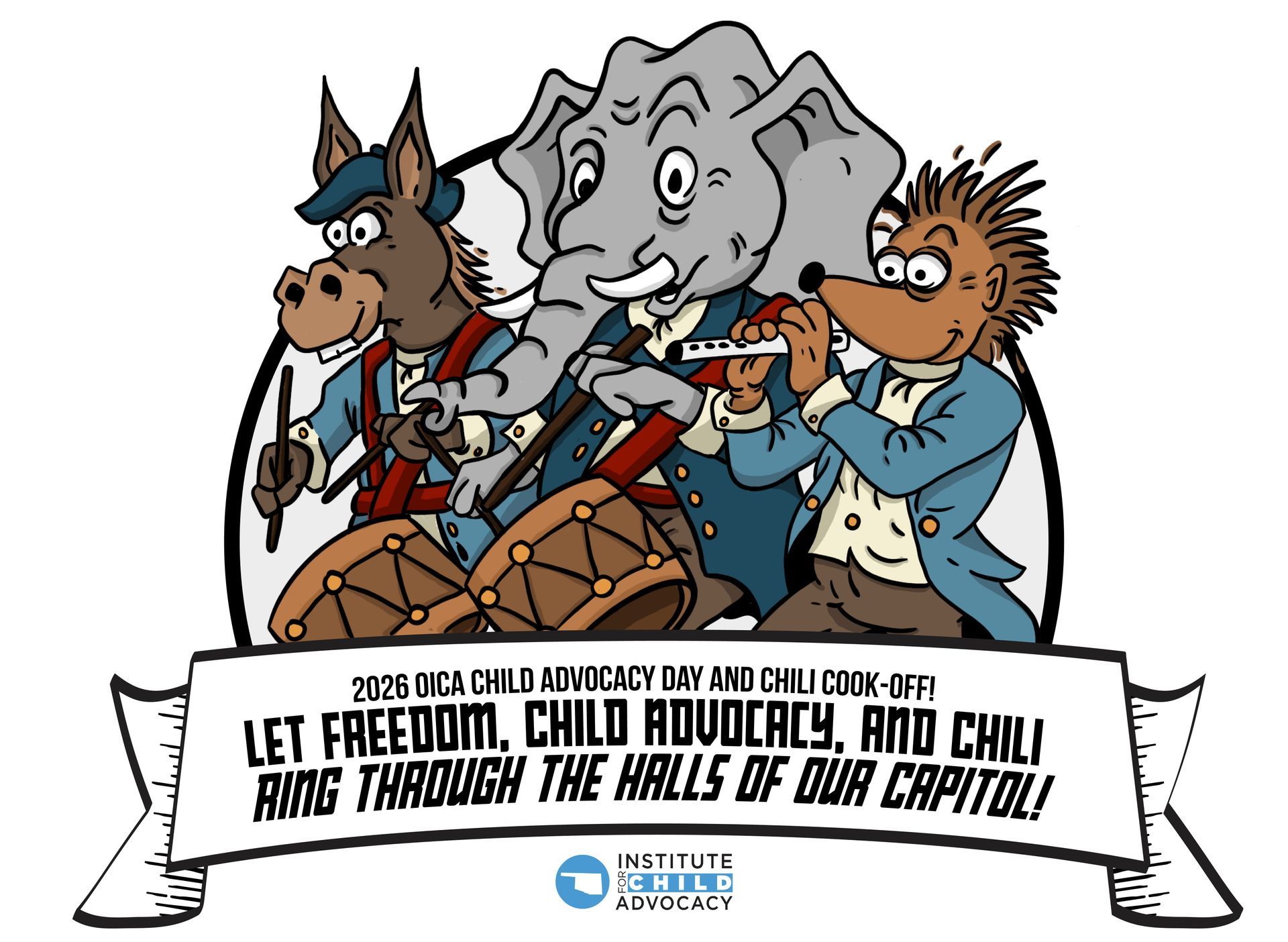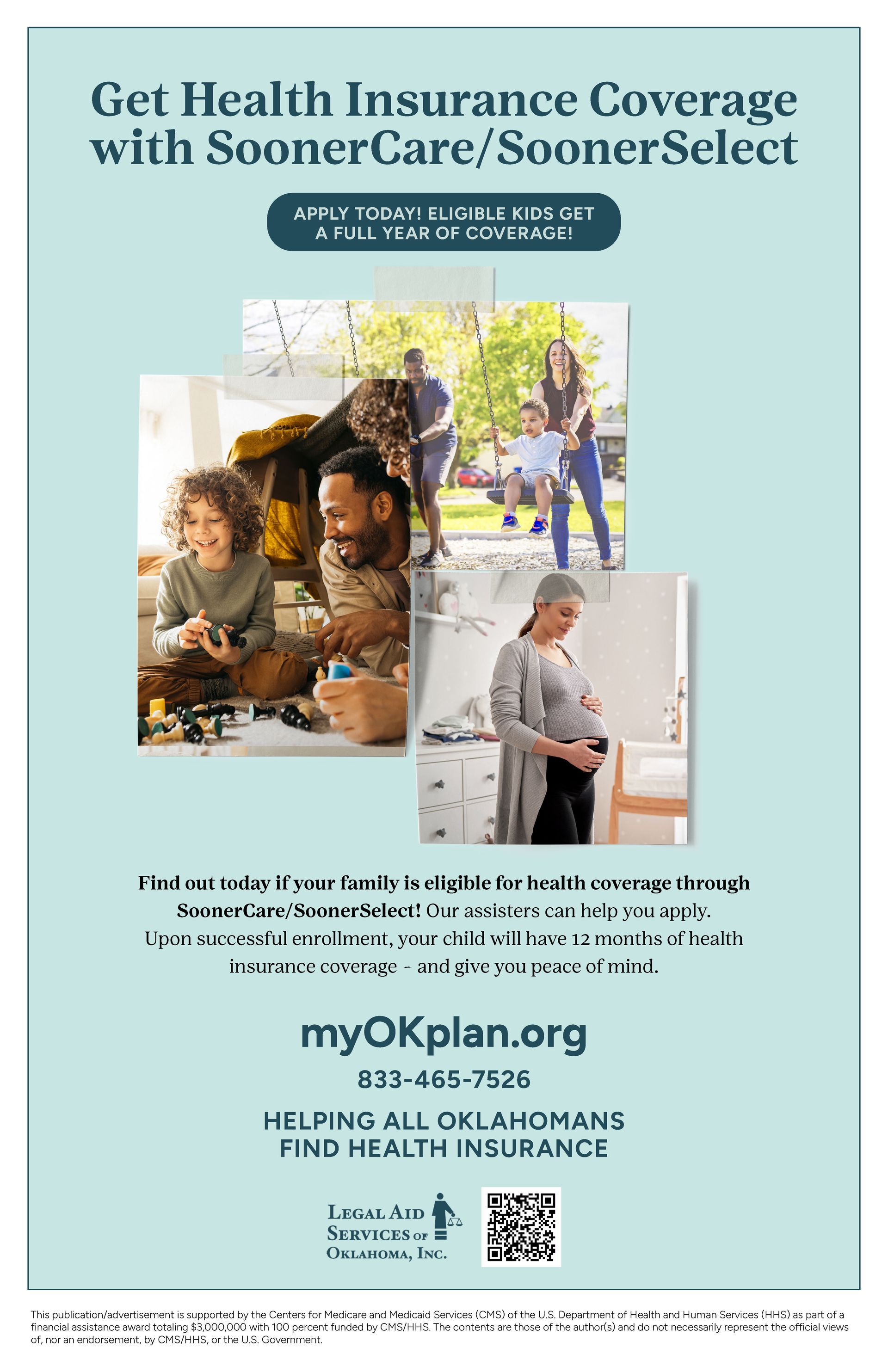Shutdown, Healthcare, and Opportunities for Oklahomans
With the federal government “shutdown” of services continuing, one likely outcome will be that Affordable Care Act (ACA), or Obamacare, subsidies will end or be reduced.
Should this happen, the burden for health insurance coverage will fall to the states to decide. Fortunately, one opportunity exists in Oklahoma which provides a way for employers, employees, and state government to elevate health insurance coverage for those in the workforce.
In April 2004, Senate Bill 1546, authored by Sen. Ben Robinson and Rep. M.C. Leist, authorized the Oklahoma Health Care Authority (OHCA) to develop a program assisting employees of small businesses, 19 to 64 years of age with either (1) a portion of their private health plan premiums (Employer Sponsored Insurance), or (2) the purchase of a state sponsored health plan operated under the state Medicaid program (Individual Plan).
The goal was to provide affordable health insurance for 50,000 low-wage Oklahomans in the workforce.
The Oklahoma Health Care Authority administers the Insure Oklahoma program. The agency balances this fiscal responsibility with two equally important goals:
1) Assuring that state-purchased health care meets acceptable standards of care; and
2) Ensuring that citizens of Oklahoma who rely on state-purchased health care are served positively.
The Affordable Care Act made a program like Insure Oklahoma redundant, but if the federal government rolls back provisions, this is a way in which health insurance can continue for those in the workforce
For employer qualifications:
· Have up to 250 (for profit) or 500 (non-profit) employees.
· Be located in Oklahoma.
· Offer a qualified benefit plan.
· Contribute at least 25 percent of premiums for qualified employees.
· Health insurance must be billed from the first of calendar month to the end of the calendar month (not mid-month).
For the employee:
· Be between the ages of 19 and 64.
· Be an Oklahoma resident and meet citizenship guidelines.
· Have an annual gross household income within the Employer-Sponsored Insurance income guidelines.
· Not enrolled in Medicare or SoonerCare (Medicaid).
· Contribute up to 15 percent of monthly premium cost for self, and up to 15 percent of premium cost for qualified dependents (not to exceed three percent of annual gross household income).
While Democrats created this, Republican lawmakers saw the benefit of having healthy Oklahomans at work and modified several categories. In 2007, the program was expanded to include self-employed Oklahomans, certain unemployed individuals and working individuals with no access to small group health coverage. In 2009, this program was further expanded to include full-time college students within qualifying income guidelines who are ages 19-22, and increased the Employer Sponsored Insurance (ESI) to with up to 99 employees.
Additional changes allowed coverage for dependent children for Insure Oklahoma members who fell between 186 to 200 percent of the federal poverty level, and the number of employees for a business was expanded to 250. Then the state authorized the ability to submit applications online. Expansion allowed non-profit organizations with more than 250 employees to be allowable.
Current income thresholds provide a significant barrier. For a single person, the maximum annual income (MAI) is only $35,700 to qualify. For a household a two, the annual income cap is $48,228. For three, the MAI is $60,756; for four, $73,320; and for a family of five, $85,848. For this to apply to current income levels and keep workers insured, lawmakers would need to elevate the payroll threshold for coverage.
I encourage our state leaders to look at this program or similar opportunities to do whatever is possible to help keep employed Oklahomans healthy and thriving. A healthier workforce means stability, productivity and allows parents to not deal with astronomical healthcare costs.











